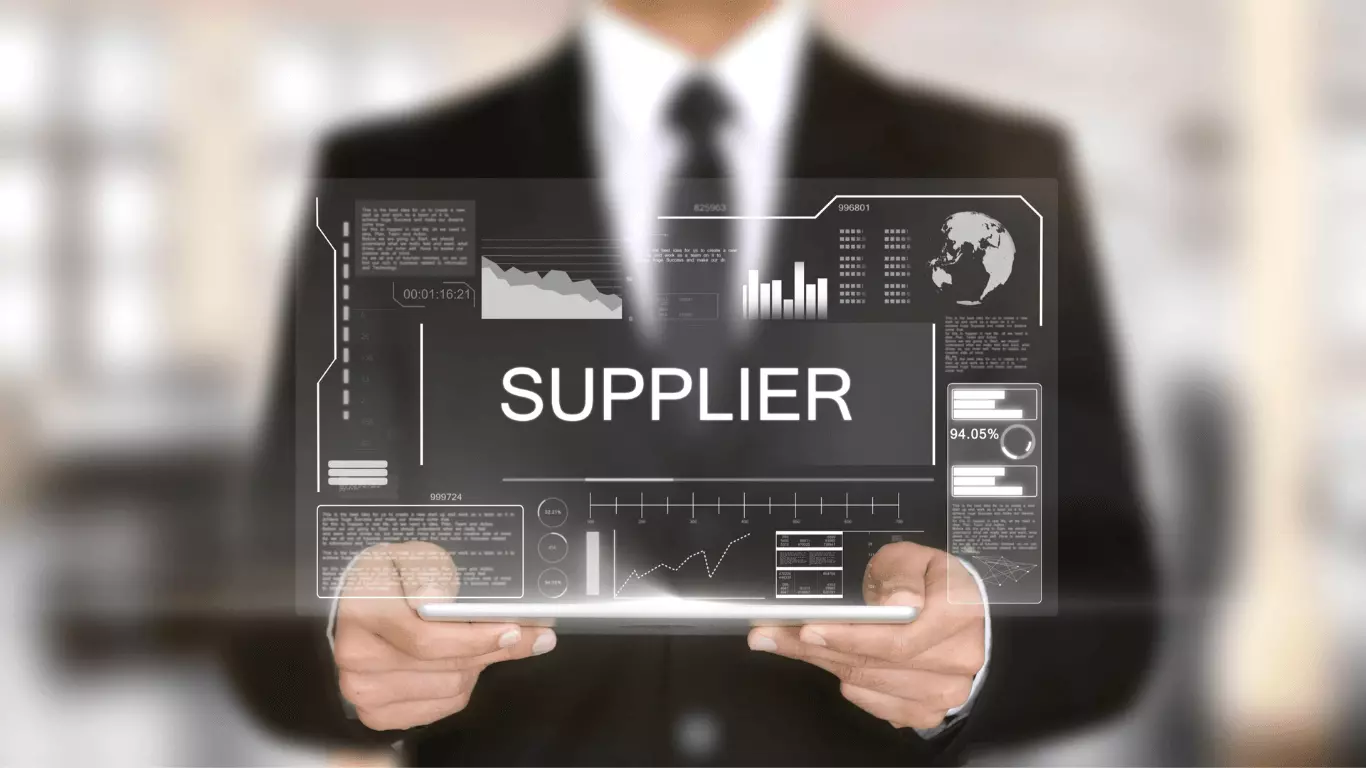Modern businesses rely on interconnected supply chains, which can create opportunities and risks. To address these risks, it’s important to diversify suppliers. This means not depending too much on just one source. Strong relationships with suppliers are vital, too. These relationships involve clear communication, fairness, and trust, which help in navigating challenges together.
Businesses also need to plan for risks. This means having backup plans and looking into other places to get what they need if one source fails. Regularly checking supplier performance ensures quality and reliability.
Collaboration and honesty are key for long-term partnerships with the Suppliers.
Why Should You Should Collaborate With Your Suppliers?
Suppliers are crucial because they provide:
1. Quality: They influence the quality of what you offer to customers.
2. Cost: They impact your expenses and profit margins.
3. Reliability: Timely delivery keeps your operations smooth.
4. Innovation: Collaborating can lead to new products or services.
5. Risk Management: Diversifying suppliers reduces the impact of disruptions.
6. Ethics: They reflect your commitment to sustainability and ethics.
7. Partnerships: Long-term relationships offer advantages for growth and competitiveness.
When businesses and suppliers work closely and share information, they can do more together. This helps both sides by generating new ideas and improving their work.
Let’s try to answer these questions by first looking at a supplier’s role and function.
What are suppliers?
A supplier is a company that gives businesses the stuff they want. Sometimes, a supplier gets the stuff straight from nature. Like, it could dig up granite from the earth and sell it to companies that make kitchen countertops.
Nowadays, suppliers tend to come in many forms. The most important are arguably wholesalers, like RS Americas – that is, intermediaries between manufacturers and primary industries.
This helps prevent problems in the supply chain. If there’s not enough granite from one place, the supplier can get it from somewhere else. This means the manufacturers who buy it won’t have big problems.
Assessing your suppliers
Not all suppliers are built quite the same. It’s essential to regularly assess your suppliers and determine whether they’re offering a level of service that’s on par with their rivals.
The things a supplier is good at and not-so-good at can really matter for your business. For example, if you want to get stuff from nearby to make your products faster, finding a local supplier who can give you those materials is super important.
What are the advantages of a well-managed supplier relationship?
Being friendly with your suppliers is important. Here’s why: You’ll know ahead of time if there will be any problems with getting what you need. If you’re a big customer, your supplier might tell you about any issues they expect.
If you’re an important customer, you might also have greater scope to negotiate discounts. You might be able to negotiate fixed pricing arrangements, which will limit volatility for your business and make things easier to run on a day-to-day basis.
A good supplier will also provide access to many different goods, saving you the expense and stress of maintaining relationships with many different suppliers.
How do you judge whether a supplier is a good one?
We said it’s important to regularly check your suppliers. But what does that mean exactly?
Having a formal way to uate suppliers can be really helpful. You might do this every so often, like every month, every three months, or once a year.
You should use standard ways of comparing costs and benefits. This helps you find and switch out suppliers that aren’t doing well with ones that are better.
1. Quality of Products or Services
2. Reliability and Consistency
3. Communication and Responsiveness
4. Financial Stability
5. Cost and Value
6. Scalability and Flexibility
7. Ethical and Sustainable Practices

